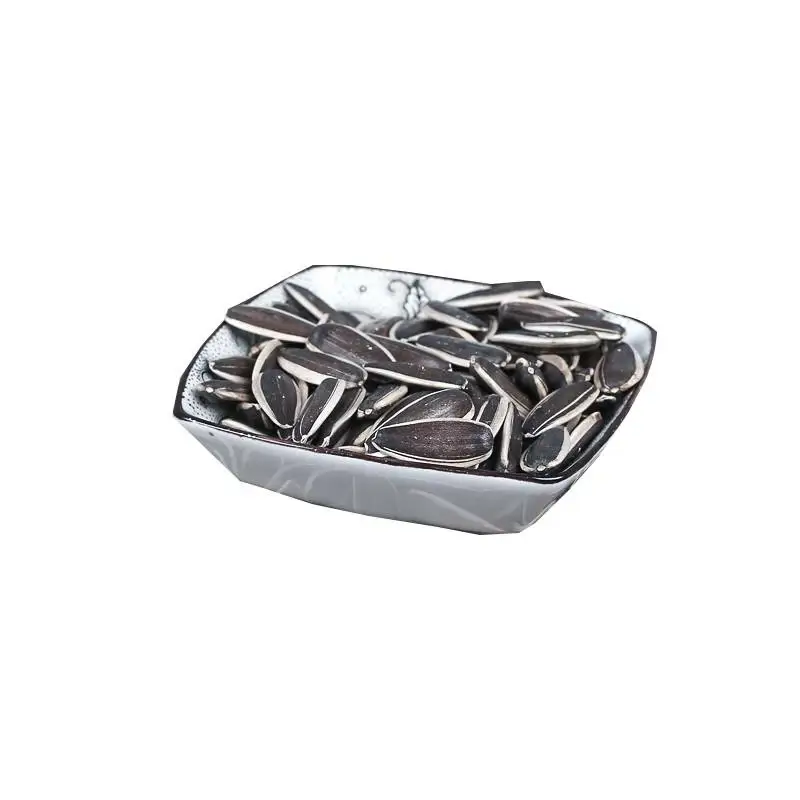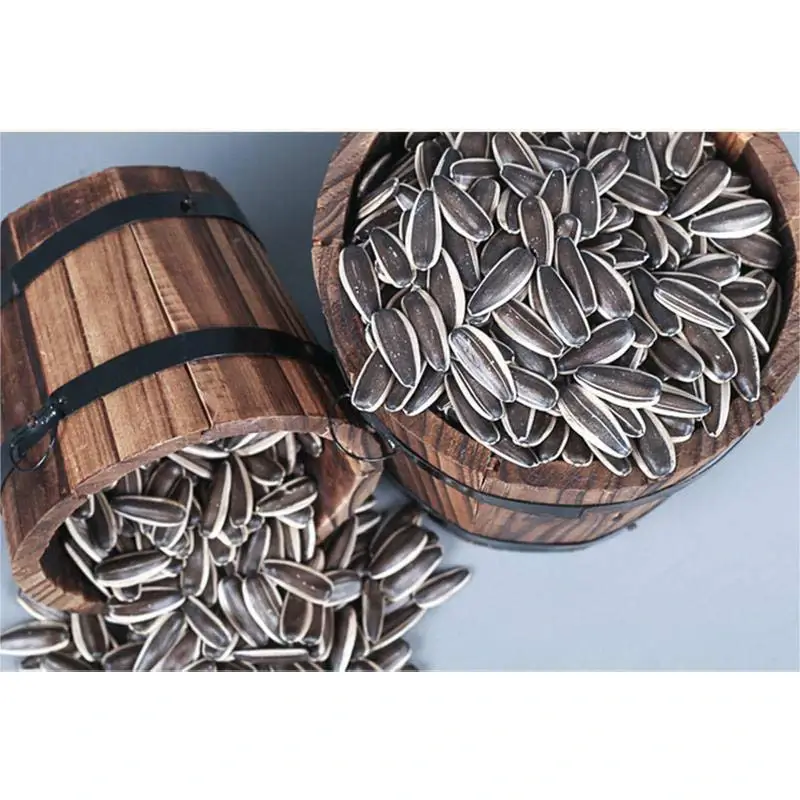-
 Afrikaans
Afrikaans -
 Albanian
Albanian -
 Amharic
Amharic -
 Arabic
Arabic -
 Armenian
Armenian -
 Azerbaijani
Azerbaijani -
 Basque
Basque -
 Belarusian
Belarusian -
 Bengali
Bengali -
 Bosnian
Bosnian -
 Bulgarian
Bulgarian -
 Catalan
Catalan -
 Cebuano
Cebuano -
 Corsican
Corsican -
 Croatian
Croatian -
 Czech
Czech -
 Danish
Danish -
 Dutch
Dutch -
 English
English -
 Esperanto
Esperanto -
 Estonian
Estonian -
 Finnish
Finnish -
 French
French -
 Frisian
Frisian -
 Galician
Galician -
 Georgian
Georgian -
 German
German -
 Greek
Greek -
 Gujarati
Gujarati -
 Haitian Creole
Haitian Creole -
 hausa
hausa -
 hawaiian
hawaiian -
 Hebrew
Hebrew -
 Hindi
Hindi -
 Miao
Miao -
 Hungarian
Hungarian -
 Icelandic
Icelandic -
 igbo
igbo -
 Indonesian
Indonesian -
 irish
irish -
 Italian
Italian -
 Japanese
Japanese -
 Javanese
Javanese -
 Kannada
Kannada -
 kazakh
kazakh -
 Khmer
Khmer -
 Rwandese
Rwandese -
 Korean
Korean -
 Kurdish
Kurdish -
 Kyrgyz
Kyrgyz -
 Lao
Lao -
 Latin
Latin -
 Latvian
Latvian -
 Lithuanian
Lithuanian -
 Luxembourgish
Luxembourgish -
 Macedonian
Macedonian -
 Malgashi
Malgashi -
 Malay
Malay -
 Malayalam
Malayalam -
 Maltese
Maltese -
 Maori
Maori -
 Marathi
Marathi -
 Mongolian
Mongolian -
 Myanmar
Myanmar -
 Nepali
Nepali -
 Norwegian
Norwegian -
 Norwegian
Norwegian -
 Occitan
Occitan -
 Pashto
Pashto -
 Persian
Persian -
 Polish
Polish -
 Portuguese
Portuguese -
 Punjabi
Punjabi -
 Romanian
Romanian -
 Russian
Russian -
 Samoan
Samoan -
 Scottish Gaelic
Scottish Gaelic -
 Serbian
Serbian -
 Sesotho
Sesotho -
 Shona
Shona -
 Sindhi
Sindhi -
 Sinhala
Sinhala -
 Slovak
Slovak -
 Slovenian
Slovenian -
 Somali
Somali -
 Spanish
Spanish -
 Sundanese
Sundanese -
 Swahili
Swahili -
 Swedish
Swedish -
 Tagalog
Tagalog -
 Tajik
Tajik -
 Tamil
Tamil -
 Tatar
Tatar -
 Telugu
Telugu -
 Thai
Thai -
 Turkish
Turkish -
 Turkmen
Turkmen -
 Ukrainian
Ukrainian -
 Urdu
Urdu -
 Uighur
Uighur -
 Uzbek
Uzbek -
 Vietnamese
Vietnamese -
 Welsh
Welsh -
 Bantu
Bantu -
 Yiddish
Yiddish -
 Yoruba
Yoruba -
 Zulu
Zulu
May . 16, 2025 10:37 Back to list
Premium Bulk Sunflower Seeds Wholesale Suppliers & Exporters
- Introduction to Sunflower Seeds as a Global Commodity
- Technical Innovations in Sunflower Seed Processing
- Comparative Analysis of Leading Manufacturers
- Customized Solutions for Bulk Export Requirements
- Case Studies: Successful Applications in Food & Agriculture
- Quality Control and Sustainability Practices
- Future Trends in Sunflower Seed Export Markets

(sunflower seeds)
Sunflower Seeds: A Staple in Global Agri-Trade
The global demand for sunflower seeds
has surged by 18% since 2020, driven by their nutritional value and industrial versatility. As a leading sunflower seeds on a sunflower exporter, our products meet rigorous international standards, including ISO 22000 and USDA Organic certifications. With over 1.2 million metric tons processed annually, we prioritize advanced dehulling techniques to achieve a 99.5% kernel purity rate, ensuring superior quality for food manufacturers and agricultural suppliers.
Technical Innovations in Seed Processing
Modern processing facilities utilize AI-driven sorting systems and infrared moisture analysis to optimize yield. Key advancements include:
- High-capacity rotary cleaners (500 MT/day)
- Low-temperature pressing for oil retention (≥92%)
- Blockchain-based traceability systems
These technologies enable sunflower seeds on a sunflower manufacturers to reduce waste by 30% while maintaining ≤0.5% foreign material content.
Manufacturer Comparison: Capacity vs. Capability
| Manufacturer | Annual Output | Certifications | Export Countries |
|---|---|---|---|
| AgroSeed Co. | 850,000 MT | ISO, HACCP | 42 |
| Global Kernels | 1,100,000 MT | FSSC 22000, Kosher | 67 |
| NutriHarvest Ltd | 720,000 MT | Organic EU, BRCGS | 29 |
Tailored Export Packaging Solutions
Bulk sunflower seeds in sunflower exporter operations offer customizable options:
- 25kg vacuum-sealed bags (MOQ: 20 containers)
- Big bags with UV protection (1-5 MT capacity)
- Private-label retail packaging (50g-5kg)
Our flexible logistics network guarantees 98.7% on-time delivery across 15 major ports worldwide.
Industry Applications and Success Stories
A recent project with a European snack producer demonstrates our capabilities:
- Supplied 12,000 MT of roasted seeds/month
- Implemented customized seasoning blends
- Achieved 40% cost reduction through optimized shipping
Quality Assurance Protocols
Our 7-stage inspection process ensures compliance with 135+ international regulations. Key metrics include:
- Germination rate: ≥95%
- Oil content: 42-50% (depending on variety)
- Pesticide residues: ≤0.01 ppm
Sunflower Seeds: Pioneering Sustainable Export Growth
With the sunflower seeds market projected to reach $38.7 billion by 2029, our carbon-neutral processing plants and seed-to-ship tracking systems position partners for long-term success. By integrating regenerative farming practices, we’ve increased grower yields by 22% while reducing water usage by 35% since 2018.

(sunflower seeds)
FAQS on sunflower seeds
Q: How to identify high-quality sunflower seeds on a sunflower product?
A: High-quality sunflower seeds are plump, uniform in size, and free of cracks or mold. Look for products with certifications like ISO or organic labels. Proper packaging with airtight seals ensures freshness.
Q: What should I check when sourcing from sunflower seeds on a sunflower manufacturers?
A: Verify the manufacturer’s certifications, production capacity, and compliance with food safety standards. Request samples to test seed quality and review client testimonials for reliability. Ensure they offer transparent supply chain practices.
Q: What documents are needed for exporting sunflower seeds in sunflower exporter shipments?
A: Exporters require a phytosanitary certificate, commercial invoice, and bill of lading. Compliance with destination-country import regulations (e.g., FDA or EU standards) is essential. Proper labeling for allergens and origin is also mandatory.
Q: How to store sunflower seeds to maintain their shelf life?
A: Store seeds in a cool, dry place away from sunlight, ideally below 15°C (59°F). Use moisture-resistant packaging to prevent rancidity. Refrigeration extends freshness up to 12 months.
Q: What certifications do reputable sunflower seeds in sunflower exporters hold?
A: Top exporters typically hold HACCP, ISO 22000, or Fair Trade certifications. Organic and non-GMO certifications add market value. Compliance with global standards like USDA or EU Organic ensures international acceptance.
-
Premium Melon Seeds | Nutritious Snack & Baking Ingredient
NewsJul.22,2025
-
Bulk Sunflower Seeds Suppliers | Wholesale & Export
NewsJul.21,2025
-
High-Precision Industrial Sensors for Reliable Automation Solutions
NewsJul.21,2025
-
Premium Sunflower Seeds – High Quality Sunflower Product from Leading Manufacturers & Exporters
NewsJul.08,2025
-
Premium Selected Sunflower Seeds - Reliable Manufacturer & Exporter
NewsJul.08,2025
-
Premium Sunflower Seeds Supplier & Manufacturer Wholesale Exporter
NewsJul.07,2025
